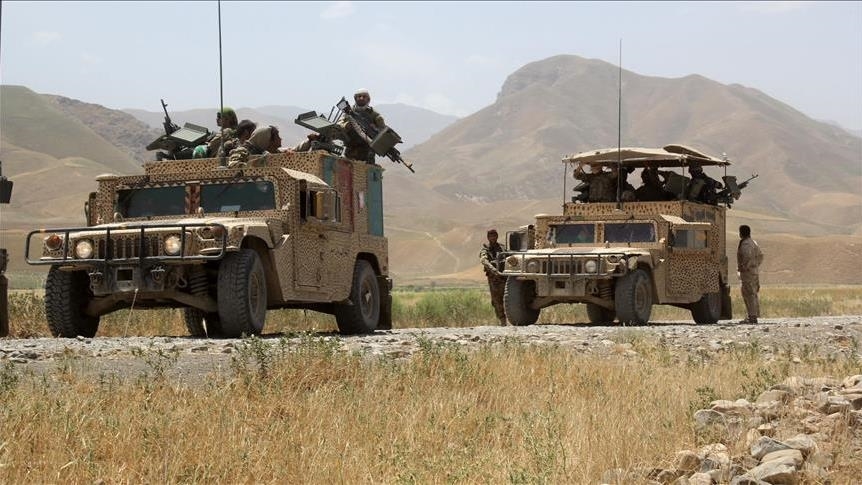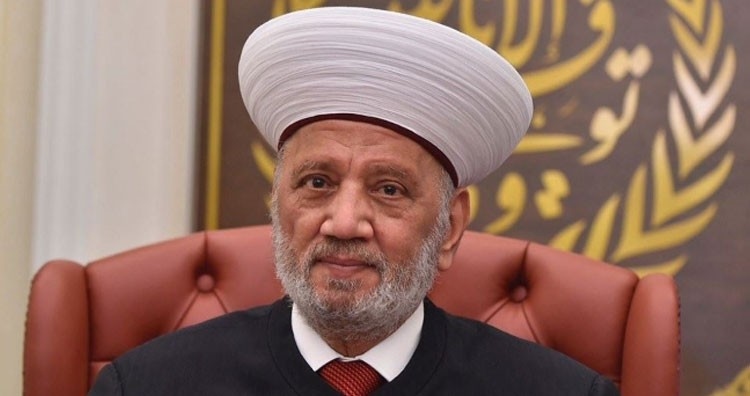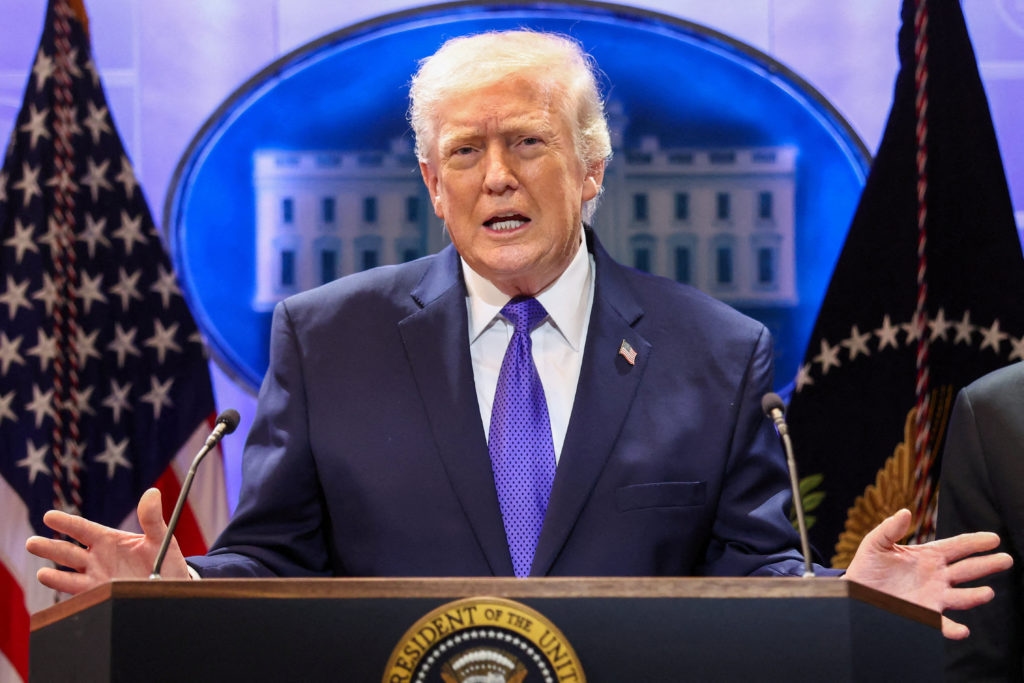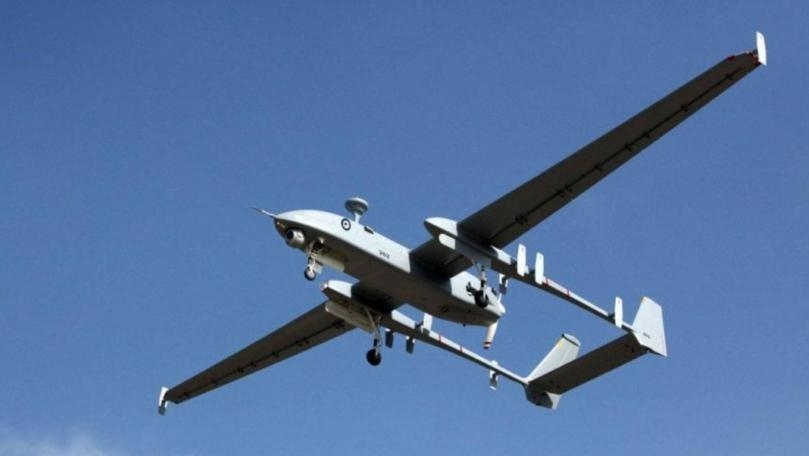invalid
invalid
{{ loginErrorMessage }}
Forgot password?


An email was sent to your inbox
Enter your email
An email with a reset link was sent to your mailbox.
An email with a reset code was sent to your mailbox, enter it and select your new password

Afghanistan promises ‘appropriate response’ after deadly Pakistani strikes
Pakistan’s military early on Sunday carried out air raids in Afghanistan, targeting what it called “camps and hideouts” belonging to armed groups behind a spate of recent attacks, including a deadly suicide bombing at a Shia mosque in Islamabad.Pakistan’s Ministry of Information and Broadcasting said in a statement on X on Sunday that the country’s military conducted “intelligence-based, selective operations” against seven camps and hideouts belonging to the Pakistan Taliban, also known by the acronym TTP, and its affiliates.The ISIL (ISIS) affiliate in Khorasan Province, or ISKP, which claimed responsibility for a suicide attack in the capital earlier this month, was also targeted in the operation, the ministry said.The Pakistani ministry said it had “conclusive evidence” that recent attacks in Islamabad, as well as in the northwestern Bajaur and Bannu districts, were perpetrated by fighters at the “behest of their Afghanistan-based leadership and handlers”.The Afghan Ministry of Defence condemned the attacks that “hit a religious school and residential homes” in the border provinces of Nangarhar and Paktika, “resulting in dozens of deaths and injuries, including women and children”.The Defence Ministry condemned the attacks as “a breach of international law and the principles of good neighbourliness”, and promised to respond.“We hold the Pakistani military responsible for targeting civilians and religious sites. We will respond to these attacks in due course with a measured and appropriate response,” it said.Reporting from the scene of an attack in Nangarhar’s Bihsud district, Al Jazeera’s Naser Shadid said at least 17 people were confirmed killed and six others are missing, feared trapped under the rubble of an attacked house.“A religious centre was also hit in this area, according to Afghanistan’s authorities, and there are an unknown number of casualties there as well,” he said.The attacks threaten a fragile ceasefire between the South Asian neighbours, negotiated following deadly border clashes that killed dozens of soldiers, civilians and suspected fighters in October last year.Pakistan said it has repeatedly urged Afghanistan’s Taliban government to take action to prevent armed groups from using Afghan territory to launch attacks, but that Kabul has failed to “undertake any substantive action”.Pakistan “has always strived to maintain peace and stability in the region”, it added, but said the safety and security of Pakistani citizens remained its top priority.“The Pakistanis continue to insist that these are intelligence-based operations against camps located inside Afghanistan and hideouts of the TTP and its affiliate groups. It has warned the Afghan authorities on several occasions that they gave their commitment in the Doha agreement that Afghan soil will not be used by any other country,” Al Jazeera’s Kamal Hyder said, referring to the 2020 agreement the Taliban signed with the United States in the Qatari capital.The Pakistani air raids on Afghanistan came hours after a suicide bomber attacked a security convoy in the Bannu district of the northwestern Khyber Pakhtunkhwa province, killing two soldiers, one of them a lieutenant colonel.
22-02-2026 13:44
22-02-2026 13:12

22-02-2026 12:57

22-02-2026 12:26

22-02-2026 11:58

{{article.publishDate}}
More
22-02-2026 13:44

22-02-2026 13:12

22-02-2026 12:57

22-02-2026 12:26

{{ article.publishDate }}
More